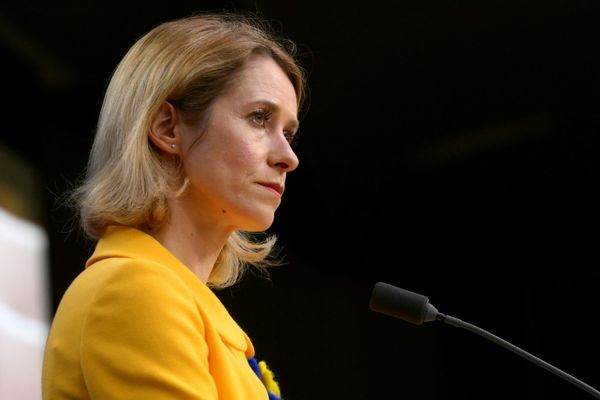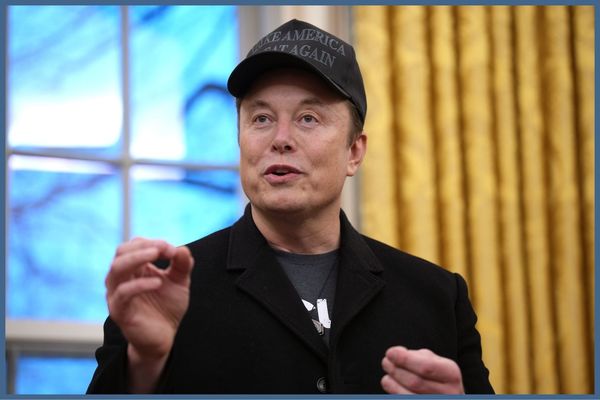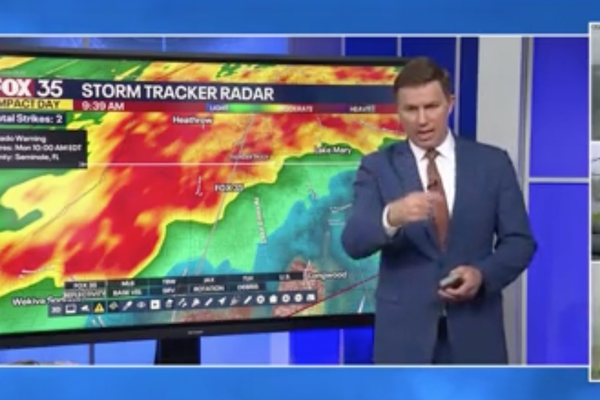
Japan said on Friday it would begin a once-unthinkable $320 billion military build-up that would arm it with missiles capable of striking China and ready it for a sustained conflict as regional tensions and Russia's Ukraine invasion stoke war fears.
Prime Minister Fumio Kishida's government worries that Russia has set a precedent that will encourage China to attack Taiwan, threatening nearby Japanese islands, disrupting supplies of advanced semiconductors and putting a potential stranglehold on sea lanes that supply Middle East oil.
In its sweeping five-year plan and revamped national security strategy, the government said it would also stockpile spare parts and other munitions, reinforce logistics, develop cyber warfare capabilities, and cooperate more closely with the United States and other like-minded nations to deter threats to the established international order.
"Russia's invasion of Ukraine is a serious violation of laws that forbid the use of force and has shaken the foundations of the international order," Japan said in the national security paper.
"The strategic challenge posed by China is the biggest Japan has ever faced," it added.
Unthinkable under past administrations, the rapid arming of Japan, which already hosts U.S. forces, including a carrier strike group and a Marine expeditionary force, has the backing of most voters, according to opinion polls. Some surveys put support as high as 70% of voters.
Kishida's plan will double defence outlays to about 2% of gross domestic product over the next five years and increase the defence ministry's share to around a tenth of all public spending. It will also make Japan the world's third-biggest military spender after the United States and China, based on current budgets.
The five-year spending roadmap did not come with a detailed plan for how Kishida's administration would pay for it, as ruling Liberal Democratic Party lawmakers continue to discuss whether to raise taxes or borrow money.
($1 = 135.5300 yen)
(Reporting by Tim Kelly, Sakura Murakami and Nobuhiro Kubo; Editing by David Dolan and Gerry Doyle.)




![Nevada Math Prof Alleges Discipline for "Voic[ing] Concerns About … the Math Department … Lower[ing] Its Curriculum Standards"](https://images.inkl.com/s3/publisher/cover/212/reason-cover.png?w=600)


